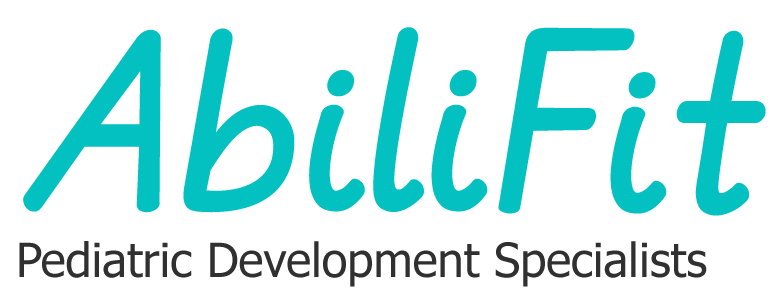Let’s Develop Vol.4

Why Every Interaction Is Important:
Even At Night
The brain is always learning.
Even if we aren’t intending to teach at that moment, a baby’s neurological system is taking in information, assimilating, categorizing, and learning.
Their brain is basically assigning tags, and organizing information according to many factors all at once. Information is categorized with emotion, facial expression, touch, vision, hearing, and more that I’m sure I’m not thinking of at the moment.
Each interaction a baby has with a caregiver, parent, or sibling is an opportunity to shape who they are becoming. I wish I had thought of things this way when I had my babies!
I say an opportunity because it can be used to shape their brain and how it connects one smile or touch at a time.
According to an article published in the National Library of Medicine on PubMed, the early experiences that a child receives contribute to neural reorganization. This means positive AND negative experiences shape and reorganize the neurons, and they are coded and categorized. “Although there is a general structure that we are born with from our DNA, most infants’ social and communication skills are developed with experience and interaction with their caregivers.”
The research also showed that role of caregivers, particularly in the first half year of life, appeared to be particularly invaluable given that caregivers’ behaviors determined the relationship between infants’ own behavioral and neurological measures. For example, maternal stimulation during interactions with her infant at 3 months of age was related to functional neural activation within the reward processing network observed 25 years later (Holz et al., 2018).
In other words, positive stimulation received from interactions with their mother at 3 months of age was actually related to coded brain activity measured 25 years later!
I also follow the work of Dr. Bruce Perry, who co-wrote a book with Oprah titled, What Happened To You. He teaches that the 1st 2 months of life are disproportionately important in creating the basic brain foundations of which all higher structures and especially stress responses and coping with everyday life are then formed.
My point in reviewing and sharing all of this is to say that ALL interactions contribute to brain development.
At night, when the baby wakes:
-
who comes in,
-
how did they look at them, react to them, pick them up, put them down, position them for feeding or quiet alert time,
-
how they are changed,
-
how they are held,
-
which arm gets the most available reaching time or is it equal (is one arm tucked away during holding and feeding?),
-
what are their legs doing, etc.
When a baby is positioned in tummy time or side-lying, or held in various ways, as they should be, each thing is directing some learning.
Do you know what you are teaching? Can you explain it to the new parents?
Another very impactful skill is being able to recognize a baby’s response to things you do. Knowing what to look for can guide you in altering or adding nuances to what you do.
So, I hope that I have correctly shared here how much of an impact you have in shaping the future self of the babies you work with!
If you’d love to learn more about what, why and how to promote the best development and offer the highest service to your families please check out the NCS or Nanny page listed at the top of this page and book a Develop & Discover Call with me.
Happy Developing, Connecting & Nurturing!
Elizabeth Agrapidis, PT, MPT, MS, C/NDT
AbiliFit Pediatric Development Specialists
Reference: Neurosci Biobehav Rev 2021 Nov;130:448-469. doi: 10.1016/j.neubiorev.2021.09.001. Epub 2021 Sep 10.
